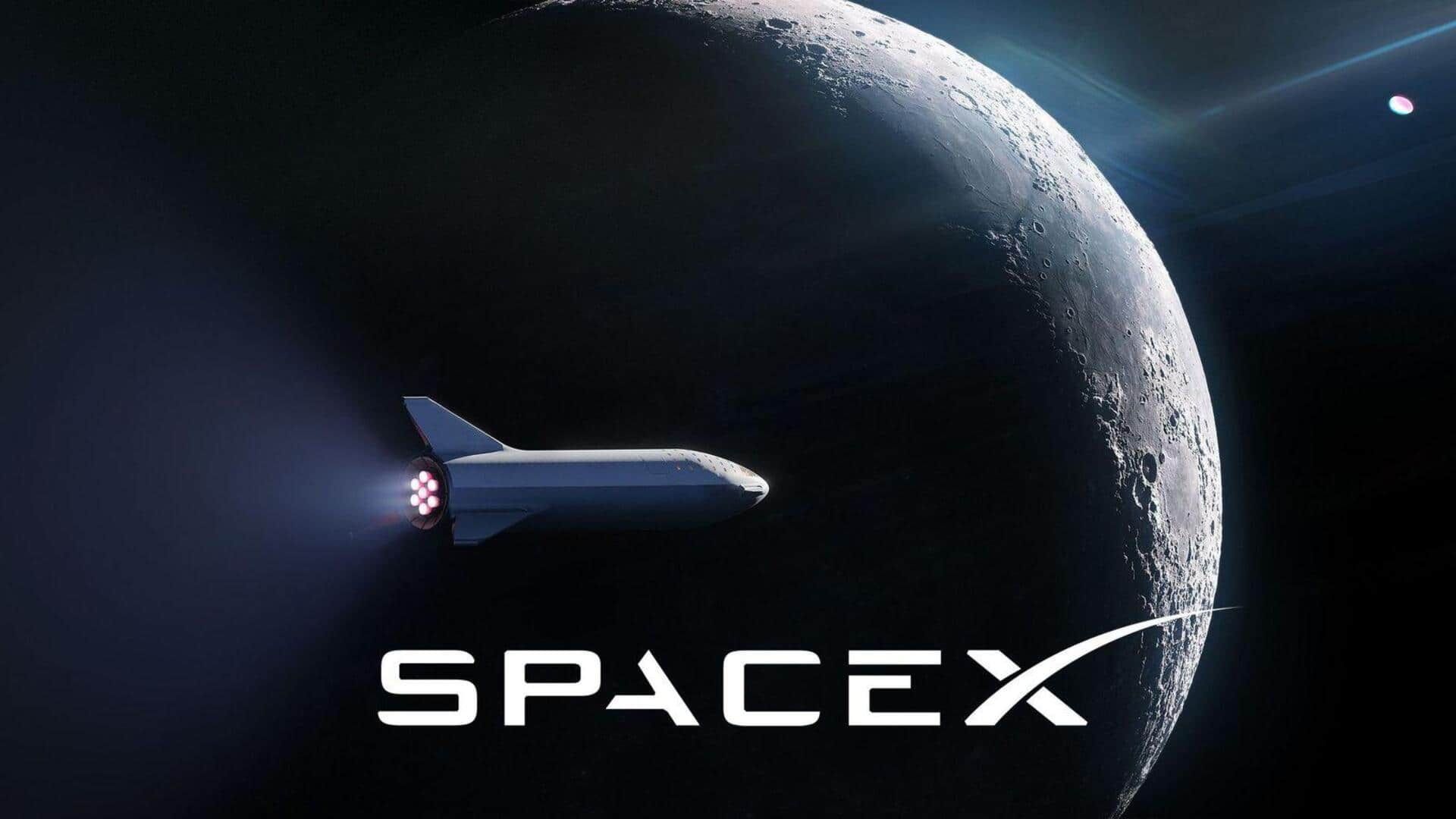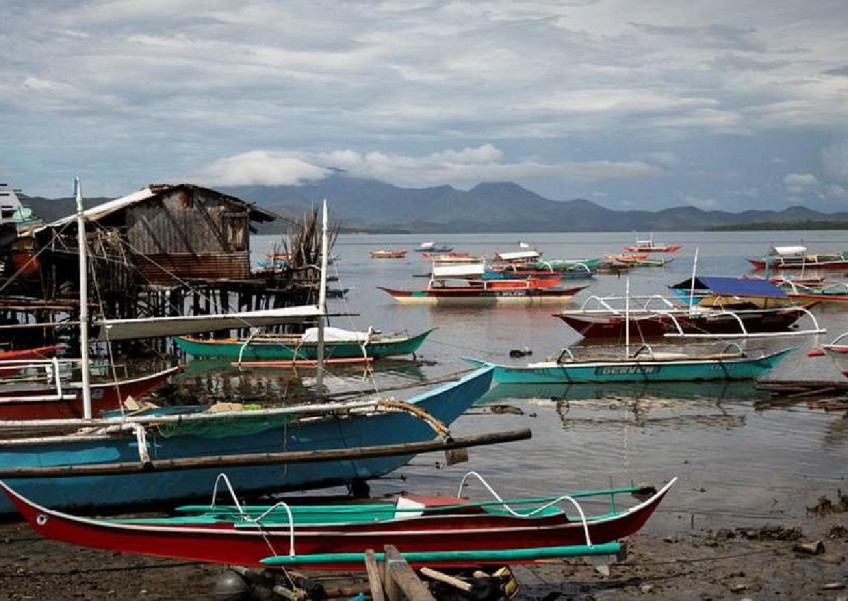Elon Musk's SpaceX fined for worker safety violations in US
SpaceX has been fined $50,836 over last 10 years
SpaceX, Elon Musk's aerospace company, has been fined $3,600 (roughly Rs. 3 lakh) by US worker safety officials.The step comes after a mishap at its Redmond, Washington facility resulted in a "near amputation," according to inspection records obtained by Reuters.The incident took place when a heavy material roll fell and crushed an employee's foot.Washington state's Department of Labor and Industries did an inspection following worker complaints and discovered safety violations.
Inspectors found inadequate safety measures
During the inspection, it was revealed that the facility lacked proper communication of work rules, a comprehensive safety program, and a system to address violations.Inspectors also found that workers were not urged to wear steel-toe shoes, despite the fact that the rolls of materials being handled had increased in weight from 36.3kg to 136kg, each.An agency spokesperson described the violation as serious due to the risk of injury.
Worker claimed that safety was overlooked for production
A worker informed inspectors that "safety can get overlooked" as the company's main objective is to "make as much as we can in a short amount of time."The injured employee stated that the machine where the rolls were loaded "had been deliberately set up incorrectly to increase the production rate during the material loading phase."He also alleged that the firm's safety officials lack "reading comprehension and overall competency to implement a safety plan at the Redmond site."
SpaceX has a history of injuries and regulatory issues
SpaceX has experienced multiple injuries and regulatory issues, highlighting the limitations of worker safety regulations.Reuters has documented at least 600 previously unreported worker injuries since 2014.Experts in US worker safety argue that fines are limited by law and offer little deterrence for major companies. Additionally, federal and state regulators face a chronic shortage of inspectors.To note, in the last 10 years, SpaceX has been fined a total of $50,836 (around Rs. 42.2 lakh) for various violations.
NASA refrains from commenting on SpaceX's safety record
NASA, which has awarded SpaceX over $11.8 billion in contracts as a private space contractor, has consistently declined to comment on the company's safety record.Instead, they have only stated that they reserve the right to enforce contract provisions requiring SpaceX to maintain "a robust and effective safety program and culture."






